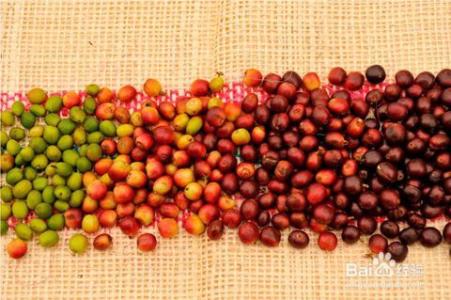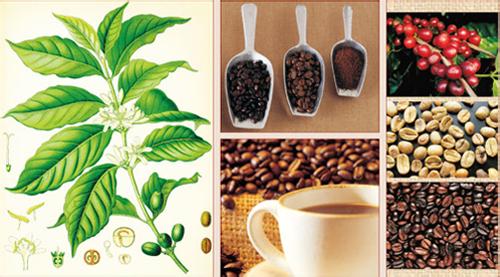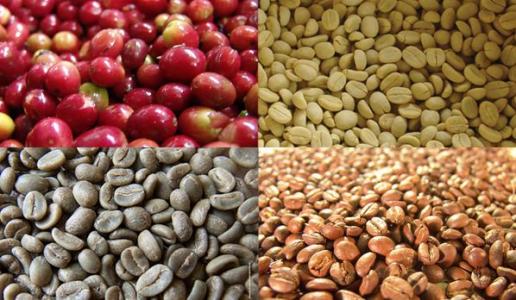The economy of the mainland has turned to consumer service-oriented cafes.
A senior economist at SMBC Nikko Securities said that the Chinese mainland plans to double its public income by 2020 in order to transform the economy to be driven not only by heavy industry but also by personal consumption.
Data on China's gross domestic product are an effective indicator of changes in the country's economic structure, the report said. In 2012, the GDP contribution of the service sector exceeded that of the manufacturing sector for the first time. In the first nine months of 2015, the service industry accounted for 51% of the final output value of goods and services in the mainland, an increase of about 10 percentage points over the same period in 2005.
In addition, there are signs that the import volume of individual goods has also changed, the report said. Monthly coal imports have often seen double-digit year-on-year declines since the summer of 2014. The year-on-year decline in imports of iron ore and steel products is also obvious.
In addition, it is said that the growth of the middle-income consumer class has also led to many changes in demand in mainland China.
The diet in mainland China generally uses very little sugar, but the eating habits also seem to be changing as the emerging middle class in the mainland tends to eat dessert after meals. In 2012, mainland China imported 4.5 million tons of sugar, making it the world's largest importer of sugar.
According to Goldman Sachs, changes in China's economic structure are benefiting consumer-related products, the report said. At present, investors are paying more attention to the price trends of consumer-driven commodities such as coffee beans, grain, gasoline and aluminium used in home appliances and cars. Mainland China's economy is shifting away from heavy industry that consumes large amounts of iron ore and coal and is transforming into a consumer and service economy, the Asia Times of Hong Kong reported online on January 7. The growing middle class of consumers has played a leading role in consumption and services. As a result, there are now signs that demand for commodities is changing.
According to a Japanese commodity market official, many people on Wall Street are currently advising to short crude oil and long coffee beans, according to the report. The official quoted a New York trader as saying that there was a significant difference in investment strategies between the two commodities because of structural changes in the mainland economy.
Shorting crude oil is profitable because the price of crude oil is now at its lowest level in seven years. Although the price of coffee beans is weak, long coffee beans have a higher profit chance.
The trading prices of commodities related to the mainland market generally change rapidly, with coffee as a typical example.
Western-style coffee shops are growing on the main streets of Chengdu in central China, as are other major cities in the country. In the country's major cities, foreign coffee shops and local coffee shops are scrambling to open new stores.
The change in taste also means that more and more mainland Chinese consumers are drinking coffee at home, the report said. According to a Japanese firm engaged in coffee bean roasting, the demand for coffee beans in mainland China will reach 200000 tons by 2020, three times the current demand.
A senior economist at SMBC Nikko Securities said that mainland China plans to double Chinese people's income by 2020 in order to transform the economy to be driven not only by heavy industry, but also by personal consumption.

Important Notice :
前街咖啡 FrontStreet Coffee has moved to new addredd:
FrontStreet Coffee Address: 315,Donghua East Road,GuangZhou
Tel:020 38364473
- Prev

From crowdfunding to tearing up each other, Taizhou Yizhong Cafe has changed its management for four terms in half a year.
In December 2014, in the face of opposition from everyone in the company, Xia Jun recruited artist Li Ning, planner Shuai Fei and programmer Xie Bao from the company, starting with H5 page design, crowdfunding platform construction, Wechat platform construction, copywriting, etc., officially launched the 500-person crowdfunded coffee project. Xia Jun said that this is a dream trip. The copywriting is very sensational, I think, let those who want to start a business and like to drink coffee
- Next

The promotion activity of "2016 Pu'er Coffee Culture week" was solemnly held in Pu'er City.
Contestants include Sun Jiaying and Liu Xinxin from Lanzhou; Chen Qi, Fu Wei and Zhao Binbin from Suzhou; Yeats and Huang Xingqi from Wuhan; Sun Yixin, Gao Wenchao and Zheng Huifang from Qingdao; Xu Yating from Taipei; Guo Lijuan, Jiang Qiaoling and Li Zhiqian from Chengdu; Wei Qianting and Wu Weixiang from Guangzhou; Dong Yaqiong, Wang Hongchi, Zhou Yang and Zhou Yang from Beijing
Related
- Can I make coffee a second time in an Italian hand-brewed mocha pot? Why can't coffee be brewed several times like tea leaves?
- Hand-brewed coffee flows with a knife and a tornado. How to brew it? What is the proportion of grinding water and water temperature divided into?
- What is the difference between Indonesian Sumatra Mantinin coffee and gold Mantinin? How to distinguish between real and fake golden Mantelin coffee?
- What does bypass mean in coffee? Why can hand-brewed coffee and water make it better?
- Unexpected! Ruixing Telunsu lattes use a smoothie machine to foam milk?!
- % Arabia's first store in Henan opens into the village?! Netizen: Thought it was P's
- Does an authentic standard mocha coffee recipe use chocolate sauce or powder? Mocha Latte/Dirty Coffee/Salty Mocha Coffee Recipe Share!
- What is the difference between Vietnam egg coffee and Norway egg coffee? Hand-brewed single product coffee filter paper filter cloth filter flat solution!
- What is the difference between sun-cured and honey-treated coffee? What are the differences in the flavor characteristics of sun-honey coffee?
- How to make Italian latte! How much milk does a standard latte use/what should the ratio of coffee to milk be?

